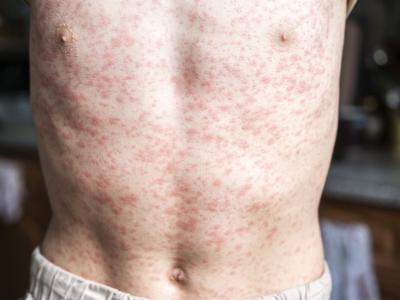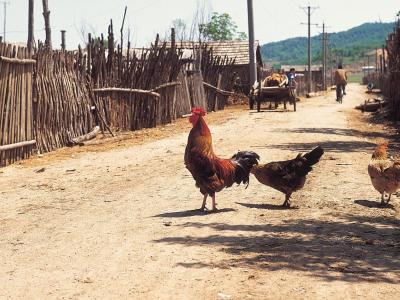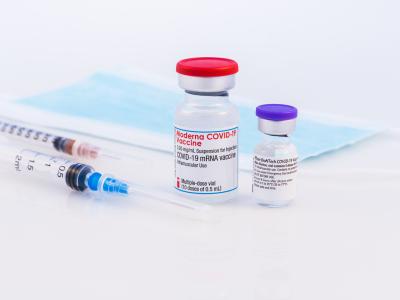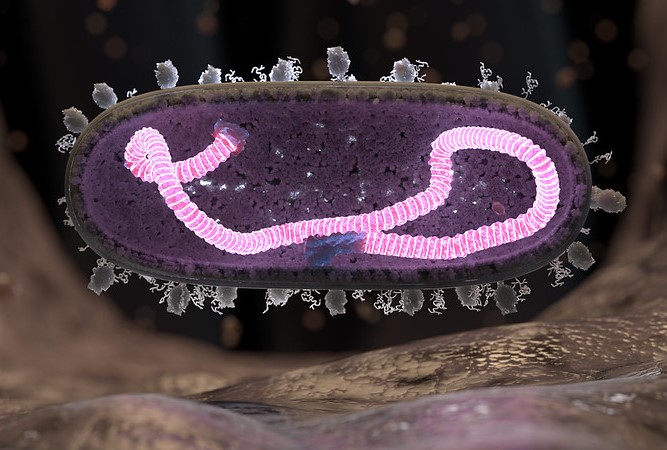
The Food and Drug Administration (FDA) today announced it has approved AstraZeneca's monoclonal antibody nirsevimab-alip (Beyfortus) to prevent respiratory syncytial virus (RSV) in newborns and toddlers.
In its announcement, the FDA said the drug is indicated for newborns and babies entering their first RSV season and for children up to 2 years old who remain vulnerable to severe disease in their second RSV season.
Some infants, especially with their first RSV infection, can experience lower respiratory tract symptoms such as pneumonia and bronchiolitis. The FDA said premature babies, those with lung problems, and infants with congenital heart disease are most at risk for severe RSV infection.
Today’s approval addresses the great need for products to help reduce the impact of RSV disease.
John Farley, MD, MPH, who directs the office of infectious diseases with the FDA's Center for Drug Evaluation and Research, said RSV typically results in many emergency department and doctor's office visits each year. "Today’s approval addresses the great need for products to help reduce the impact of RSV disease on children, families, and the health care system."
The drug is given as a single intramuscular injection before or during RSV season, and its safety and efficacy was established during three clinical trials. The FDA had given Beyfortus fast-track designation to expedite the review.
Adviser to weigh in next month
A Centers for Disease Control and Prevention (CDC) advisory group is expected to meet in August to recommend which patients should receive the drug, according to ABC News.
Nirsevimab-alip is the second monoclonal antibody for preventing RSV in young children. The first drug, palivizumab, is recommended by the American Academy of Pediatrics for certain high-risk infants and young children and must be given monthly during RSV season, according to the CDC.
 mRNA COVID-19 vaccines induced an antibody response in both mothers and babies for at least 6 months after birth, with no adverse outcomes, according to a single-center
mRNA COVID-19 vaccines induced an antibody response in both mothers and babies for at least 6 months after birth, with no adverse outcomes, according to a single-center 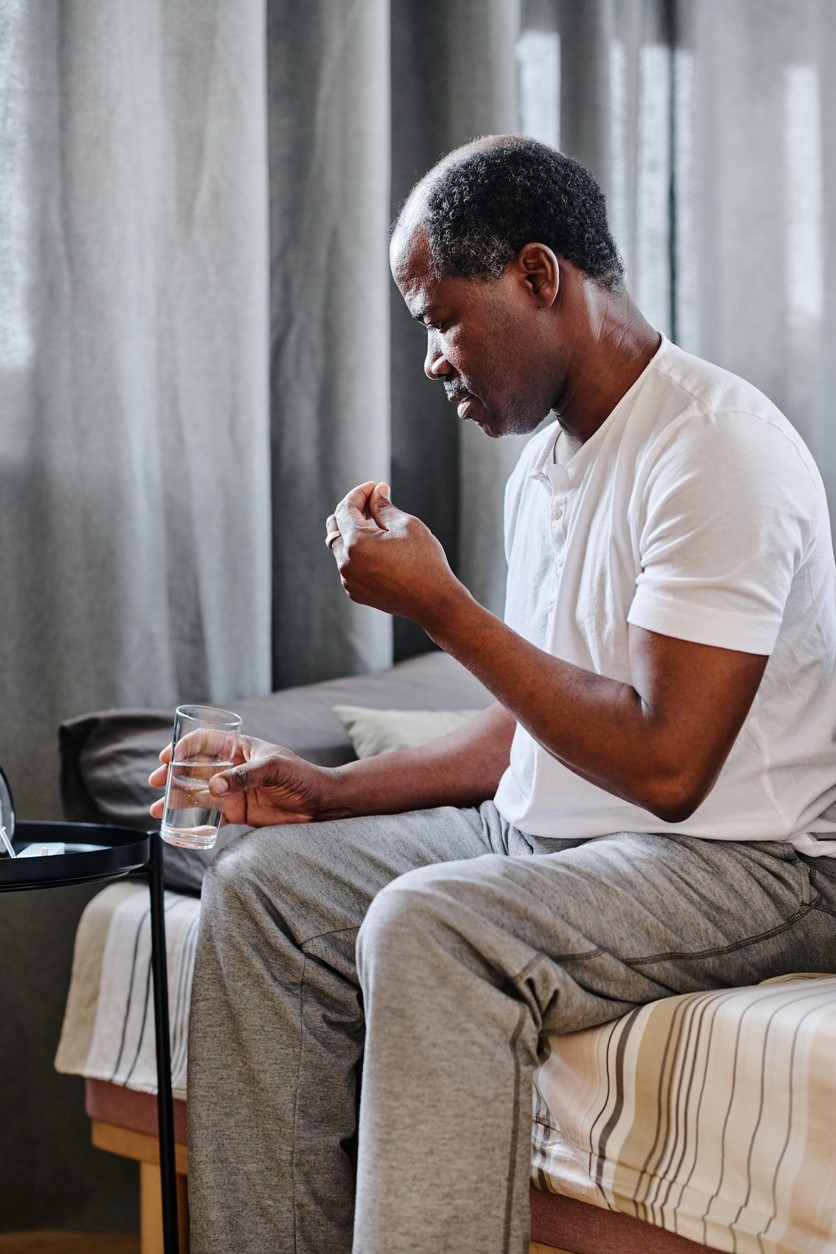 A randomized clinical trial found that direct oral penicillin challenge in patients with a low-risk penicillin allergy was non-inferior to the standard-of-care skin test, investigators reported today in JAMA Internal Medicine.
A randomized clinical trial found that direct oral penicillin challenge in patients with a low-risk penicillin allergy was non-inferior to the standard-of-care skin test, investigators reported today in JAMA Internal Medicine.